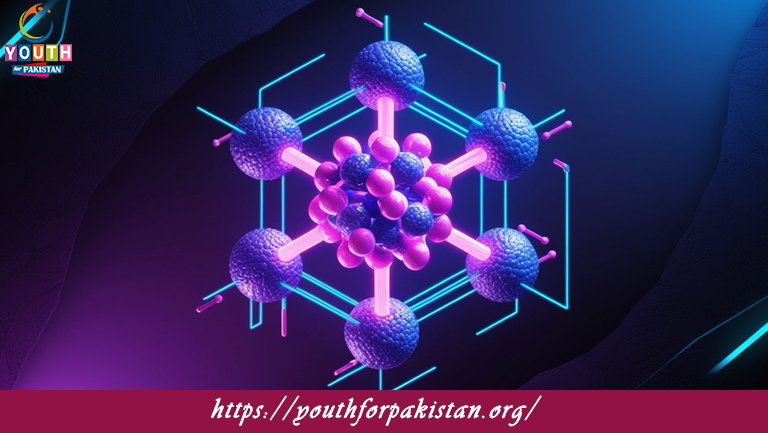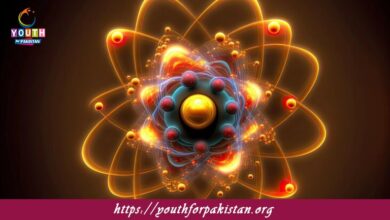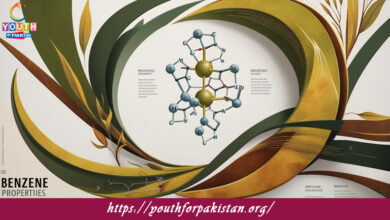Molecular Solids MDCAT Quiz with Answers

Molecular Solids MDCAT Quiz are a class of crystalline solids in which the constituent particles are molecules that are held together by relatively weak forces: van der Waals, dipole-dipole interactions, and hydrogen bonds. In the case of ionic or metallic solids, unlike molecular solids, the individual molecules do not form strong bonds with each other; the molecules are instead held together by weaker forces. The physical properties of these materials, therefore, differ significantly from those of ionic or metallic solids. Molecular solids are usually soft, have low melting points, and are typically non-conductive in the solid state.
Knowledge of Molecular Solids is very essential for MDCAT students in explaining how the different kinds of intermolecular forces account for the various properties of substances. This topic usually comes up in the MDCAT Quiz, where students may be asked to distinguish between molecular solids and other types of solids and also explain their behavior under different conditions.
MDCAT Quiz
The MDCAT Quiz on Molecular Solids helps students assess their understanding of the characteristics and behavior of molecular solids. It contains questions related to identifying molecular solids, explaining their low melting points and softness, and understanding how intermolecular forces affect their physical properties. Practicing with this quiz is a good way to strengthen one’s grasp of the material and to be better prepared for the questions on molecular solids in the MDCAT exam.
Free Flashcard for Molecular Solids
Our Free Flashcard for Molecular Solids provides a quick and easy way to review the key features of molecular solids, including their structure, properties, and examples. The flashcards highlight the weak intermolecular forces that hold the molecules together and explain how these forces affect the physical characteristics of the solid. Using these flashcards will help students reinforce their understanding and recall important details during the MDCAT exam.

One property of molecular solids is __________, which is caused by weak intermolecular forces.
Low melting point

The interaction between molecules in molecular solids can be __________ in nature.
Dipole-dipole forces

The formation of molecular solids can be explained by __________ interactions between molecules.
Attractive

__________ is a property of molecular solids that results from weak intermolecular forces.
Low melting point
Experience the real exam environment with our expertly designed collection of over 25,000 MCQs MDCAT Mock Tests.





